The Interoperability Imperative in the Utilities Sector - Harnessing the Power of shared data.
With news of the level of debt increasing and the Energy and Utilities Sector reporting an additional £500 million of debt and arrears this year, it is clear that there is no sign of the energy crisis abating. The impact will be felt most acutely by people living with vulnerabilities, who may already be under extreme financial pressure, and who are often living in the poorest quality homes. In addition, we are all faced with the grim reality that the situation is unlikely to change in the near future, so it is more critical than ever that we find a way to support those most in need of help.
During the opening speech at Utility Week’s Consumer Vulnerability and Debt Conference in November 2023, the Chair of the Committee on Fuel Poverty, Former Labour minister Caroline Flint acknowledged the challenges around energy retailers getting access to important customer data but she also questioned if they really understand the data they already have. She claimed energy retail bosses are lacking ’curiosity’ about their customers and she went on to say that last winter ‘exposed’ some retailers for failing to know their customers.
The ability to understand your customers is underpinned by access to relevant data but access needs to be built upon a relationship of trust.
‘Key challenges that always come up, GDPR is the biggest one.
I would say to everyone, just be brave understand it more, talk to organisations like IOTICS who have proven data sharing is actually more secure if you do it in a different way. It is possible, so that for me is no longer an excuse.
Be brave, be innovative with the way you can use your data.’
Kerry Nicolaides, Head of Financial inclusion, Well-being and Vulnerability, Sopra Steria
According to the Citizens Advice Bureau, 7.8m households are struggling to pay energy bills this year.
It will be interesting to see how the Government responds to a figure like this, especially with the Autumn Statement due this month. However, it is also incumbent upon the Energy and Utilities Sector to embrace innovation that enables key players to evolve rapidly to meet the demands of customers who find themselves in vulnerable circumstances.
One of the many challenges comes from inconsistency in approach to vulnerability across the sector. Different drivers, e.g. Ofwat/Ofgem, price review, social tariffs, resourcing, Net Zero targets and competition can lead to difficulties in sharing different kinds of data across organisations and ecosystems of partners, suppliers, and even competitors. Too often we do things in a silo due to the complexities of these ecosystems, but we must get better at working across different systems.
Regardless of differences, we need to see Government, Industry and Regulators all working together. We believe that if we can unharness the power of insights that exist across organisational boundaries, then we can truly start to build a better picture of what customers need. Most importantly, with the right information, the industry can respond in an empathetic way that is right the first time.
A critical aspect that underpins this evolution is interoperability at scale - the ability for different systems and technologies to seamlessly communicate and cooperate together - unlocking more value and moving us towards a more customer-centric, preventative approach.
Prevention over resolution
In times of crisis or unforeseen events, interoperability becomes a lifeline. It allows for swift response and coordination between various components of the utility and public services infrastructure. For example, in the case of a power outage, interoperable systems can swiftly identify affected areas, reroute power, and communicate with consumers to provide access to the help required. This approach shouldn’t require large amounts of manual effort but can be carried out using the industry-leading products and services developed by Sopra Steria, underpinned by IOTICS technology.
At the recent UW event, the industry spoke of being ‘overwhelmed by calls’ from customers, with some energy retailers discussing significant investment made in hiring additional specialist call handlers to increase call resolution.
But we are missing the bigger picture - additional staff means higher costs, and although fast resolution is great, we need to ensure that our systems meet customer needs in order to prevent a call in the first place.
Working with Sopra Steria on delivering interoperability at scale across the Energy and Utilities Sector is inspiring for the team at IOTICS because of our shared understanding and beliefs around the complexities and challenges that exist for organisations who need to prioritise the needs of their customers.
Interoperability lays the foundation to facilitate future innovation. By adopting a digital ecosystem powered by trusted interoperability, utilities companies can integrate these new technologies seamlessly and start making a difference today.
We are moving into a data-driven, digitalised world and it can often feel like the Energy and Utilities Sector is behind the curve. However, the sector has one distinct advantage over data leaders in other sectors - the ability to understand the value of the data that exists across their ecosystems.
It's imperative that the sector now addresses the challenge of interoperating individual systems in order to support customers that are most in need. We need to come together to solve the sharing and accessing of data to ensure that those facing vulnerability do not fall between the cracks.
To learn more about embracing interoperability at scale, connect with Laura Greatrex.

